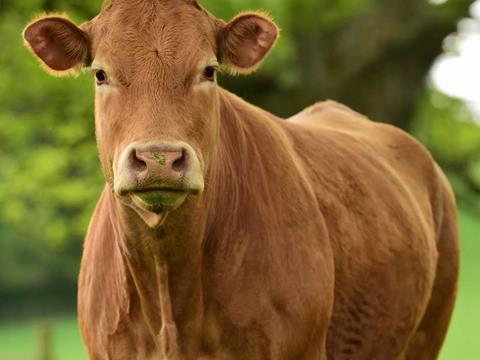
Irish food suppliers are increasingly looking to diversify into new markets outside the UK, according to new research by Bord Bia.
Some 85% of respondents to Bord Bia’s latest Brexit Barometer report (which polled half of the country’s total food exporters to the UK), said they were now actively seeking out business in new markets due to Brexit uncertainty.
A further 75% of suppliers reported sales growth in those markets over the past year.
While Ireland’s commitment to the UK food market was “unwavering”, it was incumbent on the sector to diversify into other markets as a hedge against Brexit related risk, said Bord Bia CEO Tara McCarthy. The survey also found that 85% of participants had met with their key UK customers during the past 12 months, while 62% had mapped their supply chains to identify possible delays, costs and customs challenges. Meanwhile, 74% said they had created clear action plans for Brexit.
Read more: UK food & drink needs clarity on Brexit – not more government inertia
Brexit concerns had also led 24% of polled Irish suppliers to change their sourcing strategy away from the UK due to supply concerns and were now sourcing from elsewhere in the EU.
Financial resilience in the face of Brexit uncertainty and currency volatility had also improved significantly over the past year, McCarthy said, with the number of companies stating their business would experience severe difficulty in the £0.85 - £0.89 exchange rate bracket falling from 28% last year to just 7%.
This indicated companies had become “more agile and adaptable in managing currency volatility - and may suggest that exporters have found ways to manage their operational costs, reformulated their products and packaging or negotiated new prices with customers, among other solutions”, said Bord Bia’s report.
And despite the challenges faced by the Irish food and drink sector from Brexit uncertainty, the UK remained a hugely attractive market, McCarthy stressed, with value exports of Irish food and drink to the UK up 7% last year, and 80% of respondents believing they continued to have opportunities to increase sales in the UK.
“We are very pleased that so much progress has been made by Irish food and drink suppliers in their Brexit preparations,” she said. “There have been concerns over the lack of political progress made in Brexit negotiations, but we are delighted that so many Irish companies have created clear action plans,” she added.
“Last year there were big concerns that many Irish suppliers would just take for granted they were almost an extension to the UK home market. But they haven’t avoided the elephant in the room and have showed tenacity in their conversations with UK partners.”
While Irish food and drink companies were urged to continue stress testing their business models, progress had been made, she said. “If you don’t have a plan it’s very hard to measure progress.”







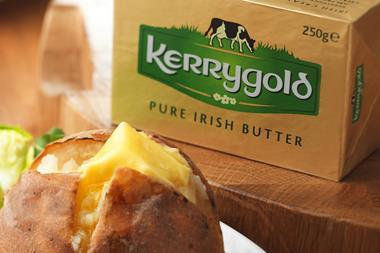
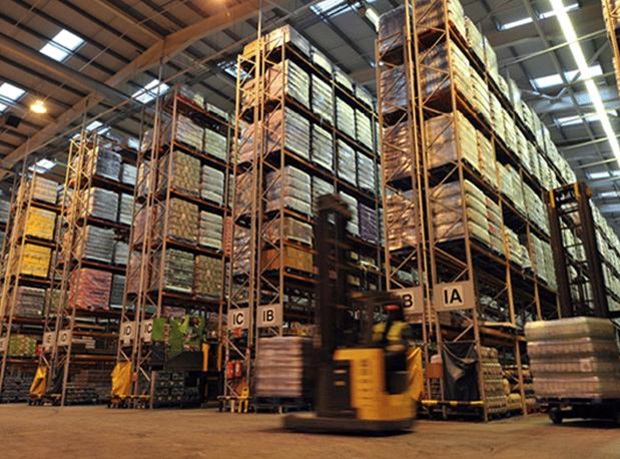

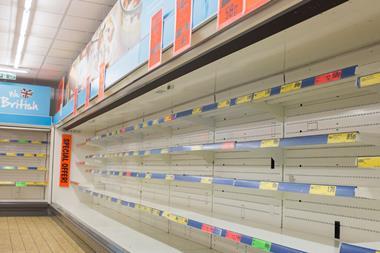
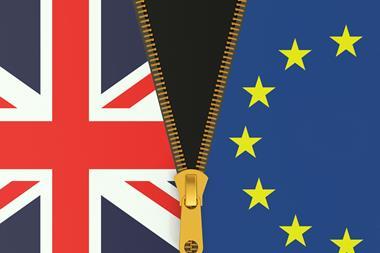
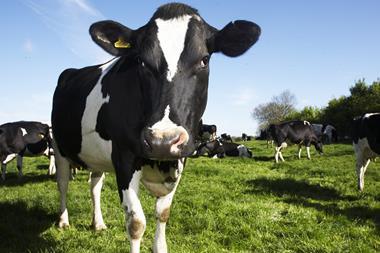






No comments yet